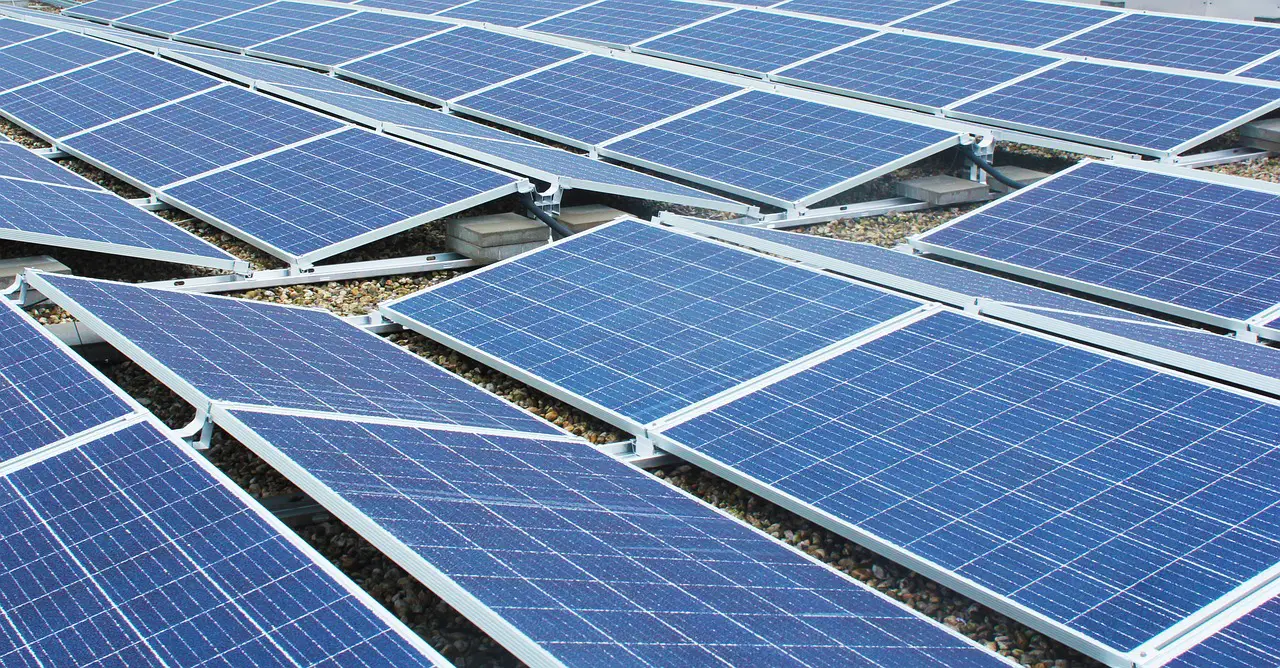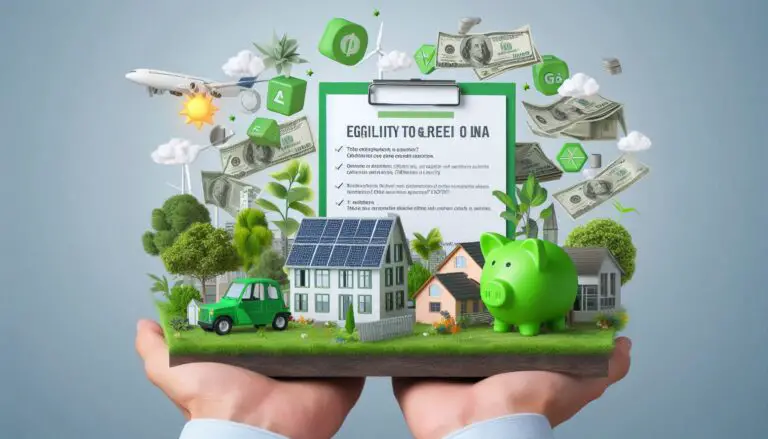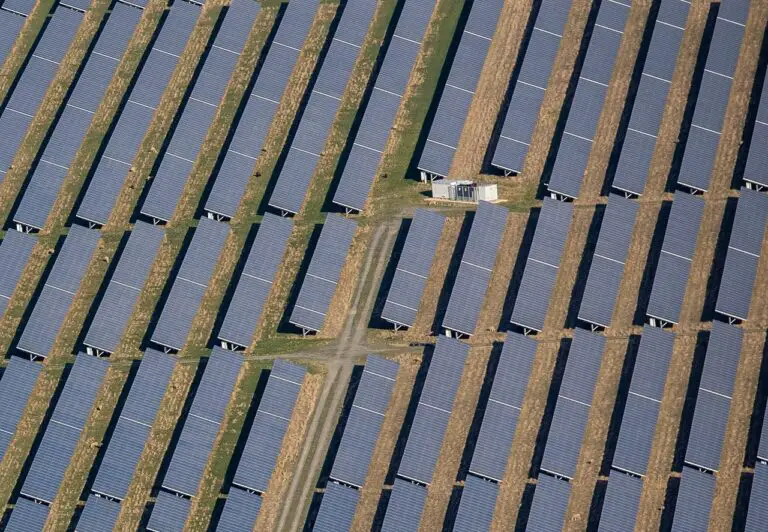Common Mistakes to Avoid When Applying for Solar Tax Incentives
Applying for solar tax incentives can significantly reduce the cost of installing solar panels, but the process can be complex. Avoiding common mistakes can help you maximize your benefits and streamline the application process. This guide highlights key errors to avoid, ensuring that you make the most of your loans for solar panels and green home improvement loans.
1. Failing to Research Available Incentives
Understanding the Types of Solar Tax Incentives
Before applying, thoroughly research the types of solar tax incentives available. Federal, state, and local incentives vary widely. For instance, the Federal Solar Investment Tax Credit (ITC) offers a substantial tax credit for solar installations. Additionally, many states have their own incentives, such as rebates or tax credits, which can be combined with federal benefits.
Transitioning from a broad understanding to specifics, check eligibility requirements for each incentive to ensure you meet them. For detailed information, visit the U.S. Department of Energy’s Solar Tax Credit page.
Not Exploring State and Local Incentives
State and local governments often offer incentives that complement federal benefits. Neglecting to explore these opportunities can result in missing out on significant savings. For example, California offers the California Solar Initiative, while New York provides the NY-Sun Incentive Program. Be proactive and research incentives specific to your area.
2. Ignoring Eligibility Requirements
Meeting the Eligibility Criteria
Each incentive has specific eligibility requirements. Ignoring these requirements can lead to denied applications or reduced benefits. Common criteria include the type of solar equipment used, the installation date, and the property’s location. Ensure you thoroughly understand these requirements and confirm that your project aligns with them.
For guidance on eligibility, check out the Database of State Incentives for Renewables & Efficiency (DSIRE), which provides comprehensive details on eligibility criteria.
Checking Income and Property Requirements
Certain incentives may have income or property-related eligibility criteria. For instance, some rebates or credits are available only to homeowners within specific income brackets or property types. Verify these details beforehand to avoid disqualification.
3. Misunderstanding Tax Credit vs. Tax Deduction
Tax Credit vs. Tax Deduction: What’s the Difference?
Understanding the difference between tax credits and deductions is crucial. A tax credit directly reduces the amount of tax you owe, whereas a tax deduction lowers your taxable income. The Solar Investment Tax Credit (ITC) is a tax credit, not a deduction. This distinction can affect your financial planning, so be clear about what you’re applying for.
For a more detailed explanation, visit the IRS’s guide on tax credits.
Applying Credits Correctly
When applying for solar tax incentives, ensure you are claiming credits correctly. Mistakes in this process can result in losing out on potential benefits. Consult a tax professional to avoid errors and optimize your tax benefits.
4. Overlooking Financing Options
Exploring Loans for Solar Panels
Financing options like loans for solar panels can make your project more affordable. Not considering these options might limit your ability to install solar panels or affect your overall savings. Various financial products are available, including solar loans, home equity lines of credit (HELOCs), and personal loans.
Review your options and choose the one that best suits your financial situation. For more information on financing, check the Solar Energy Industries Association (SEIA) guide.
Understanding the Impact of Green Home Improvement Loans
Green home improvement loans are another financing option that may offer favorable terms for eco-friendly upgrades, including solar installations. Understand the terms and benefits of these loans to ensure you select the best option for your needs.
5. Not Keeping Accurate Records
Maintaining Detailed Documentation
Keeping accurate records of all documents related to your solar installation is essential. This includes invoices, contracts, and proof of payment. Inaccurate or incomplete records can lead to complications in your tax application or during audits.
To stay organized, use digital tools or software to manage your records. For tips on record-keeping, visit the IRS’s website on record retention.
Documenting Installation and Costs
Ensure that all documentation related to the installation and costs is detailed and complete. This information is crucial for proving eligibility and claiming your tax incentives accurately.
6. Not Consulting a Tax Professional
The Benefits of Professional Advice
Consulting a tax professional can provide valuable insights and help you navigate the complexities of solar tax incentives. Tax professionals can ensure you meet all requirements, claim all eligible benefits, and avoid common pitfalls.
For assistance, consider reaching out to a tax advisor with experience in renewable energy incentives. You can find resources and recommendations on the National Association of Tax Professionals (NATP) website.
Choosing the Right Advisor
When selecting a tax advisor, look for someone who specializes in renewable energy or green home improvement loans. Their expertise will help you maximize your benefits and avoid mistakes.
7. Missing Deadlines
Understanding Key Deadlines
Meeting application deadlines is critical. Missing deadlines for federal, state, or local incentives can result in losing out on benefits. Ensure you are aware of all relevant deadlines and plan accordingly.
To avoid missing deadlines, create a timeline for your application process and regularly check for updates on incentive programs.
Submitting Applications Early
Submitting applications early can prevent last-minute issues and ensure that you have ample time to address any problems. Start the application process as soon as possible to avoid any potential delays.
Conclusion
Avoiding these common mistakes can help you make the most of solar tax incentives and green home improvement loans. Thorough research, accurate documentation, and professional advice are key to successfully navigating the application process. By being proactive and informed, you can maximize your benefits and make your solar installation project more affordable.







